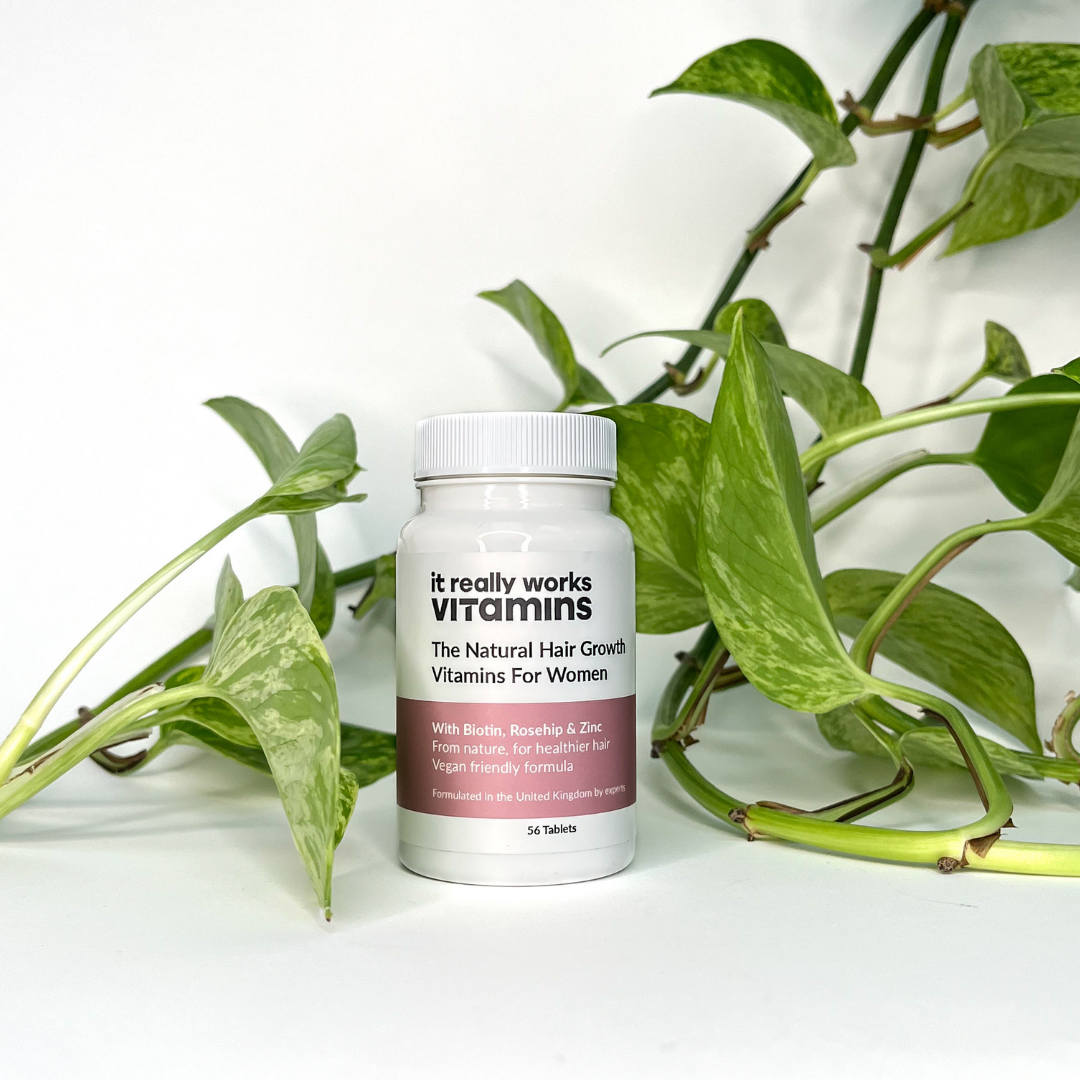There have been numerous symptoms, syndromes, and diseases linked to gluten exposure for those with gluten sensitivity. One of these known diseases is Alopecia Areata (Autoimmune hair loss). This condition affects men and women and manifests as circular balding patches over the head.
Other forms of autoimmune hair loss can cause total baldness and in even more severe cases, can lead to total body hair loss. The case study below illustrates the connection between celiac disease and autoimmune alopecia:
"A patient with coeliac disease presenting alopecia areas as the only symptom is described. Alopecia disappeared completely after a few months of strict gluten free diet and reappeared after an unintentional prolonged introduction of gluten. After a severe gluten free diet, a new and persistent hair growth in the alopecia areas was observed. The possibility a direct relationship in some cases, between Coeliac Disease and Alopecia Areata is confirmed”.

Statistics
Many people who pursue a gluten-free diet out of choice believe they are gluten-sensitive, a far less serious condition, in which limited symptoms of celiac’s manifest without any damage to the small intestine.
According to the National Foundation for Celiac Awareness, up to 18 million Americans may have non-celiac gluten sensitivity (NCGS). Since the condition has only been recently described and is poorly understood, it’s currently diagnosed via a process of exclusion.
Are You Really Gluten Intolerant?
More than 55 diseases have been linked to gluten, the protein found in barley, wheat and rye. It is estimated that 99% of the people who have either gluten intolerance or celiac disease are never diagnosed.
It is also estimated that 15% of the US population are gluten intolerant. Are you one of them?
If you have any of the following symptoms it could be a sign that you have gluten intolerance:
1. Digestive issues such as gas, bloating, diarrhea and even constipation.
2. Keratosis Pilaris, (also known as 'chicken skin' on the back of your arms). This is as a result of fatty acid deficiency and vitamin A deficiency secondary to fat-malabsorption caused by gluten damaging the gut.
4. Fatigue, brain fog or tiredness after eating a meal that contains gluten.
5. Neurologic symptoms such as dizziness or feeling of being off balance.
6. Hormone imbalances such as PMS, PCOS or unexplained infertility.
7. Migraine headaches.
8. Diagnosis of chronic fatigue or fibromyalgia. These diagnoses simply indicate your conventional doctor cannot pin point the cause of your fatigue or pain.
9. Inflammation, swelling or pain in your joints such as fingers, knees or hips.
10. Mood issues such as anxiety, depression, and mood swings.
How can I test for gluten intolerance?
The best way to determine if you have an issue with gluten is to eliminate it from your diet for at least 2 to 3 weeks and then reintroduce it. It’s important to remember that gluten is a very large protein and it can take months and or even years to clear from your system so the longer you can eliminate it from your diet before reintroducing it, the better.
It Really Works Vitamins are gluten free and free of any artificial colours, flavours, preservatives, and are made from 100% natural ingredients and no fillers. It Really Works Vitamins are free of preservatives, milk, lactose, sugar, wheat, yeast, fish and porcine.




